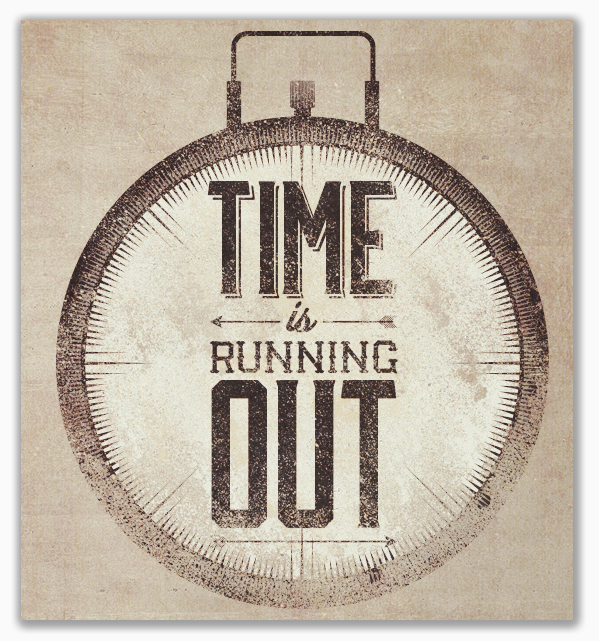We post news and comment on federal criminal justice issues, focused primarily on trial and post-conviction matters, legislative initiatives, and sentencing issues.

A LEGISLATIVE PRIMER
 For those of you who sat in the back row in high school government class throwing spitballs, here’s what you missed about how our laws are made. Every year or so, I find it necessary to cover the Congressional essentials. Now, with the Senate and House about to return from their August vacations in another week or so, here are a few things to remember about the Congressional legislative process.
For those of you who sat in the back row in high school government class throwing spitballs, here’s what you missed about how our laws are made. Every year or so, I find it necessary to cover the Congressional essentials. Now, with the Senate and House about to return from their August vacations in another week or so, here are a few things to remember about the Congressional legislative process.
First, a “Congress” is a limited-time deal, a two-year conclave of lawmakers. The current Congress, called the “117th Congress,” will end on January 2, 2023. A new one, the 118th Congress will begin its two-year run begin the next day.
During the two-year Congress, thousands of bills and resolutions will be proposed. Few will get passed. The ones that don’t make it through the House and Senate and to the president’s desk for signing die when the 117th Congress ends.
Of the many criminal justice bills that have been introduced since January 2, 2022, only two have any real chance of passage. The EQUAL Act (S.79) – which reduces crack penalties to match cocaine powder penalties – has passed the House but awaits a Senate vote. The MORE Act (HR 3617) – which would decriminalize marijuana – has passed the House twice but is awaiting Senate action.
The mid-term election comes the first week of November. Every member of the House is up for re-election, as are one-third of the senators. And that’s a problem. A 2/3 majority the Senate supports crack cocaine reform, and an even greater majority supports decriminalization of marijuana. So passage ought to be easy, right?
 The biggest obstacle to passing either of these bills right now is the upcoming election. A strong anti-crime sentiment has taken root in the country, and to avoid getting swept up in an anti-crime tide, the Wall Street Journal said last week, “Democrats will have to show they’re serious about the issue.” hardly anything about crack cocaine punishment and marijuana decriminalization have anything to do with the kinds of local violent crime they concern the public. Nevertheless, you can be sure that the Senate Majority Leader – who controls the agenda – will not force senators to take a stand on the bills prior to the midterm election. No legislator wants to do the right thing on the EQUAL Act, for example, only to have an opponent at home claim that the senator voted to let drug dealers out of prison early.
The biggest obstacle to passing either of these bills right now is the upcoming election. A strong anti-crime sentiment has taken root in the country, and to avoid getting swept up in an anti-crime tide, the Wall Street Journal said last week, “Democrats will have to show they’re serious about the issue.” hardly anything about crack cocaine punishment and marijuana decriminalization have anything to do with the kinds of local violent crime they concern the public. Nevertheless, you can be sure that the Senate Majority Leader – who controls the agenda – will not force senators to take a stand on the bills prior to the midterm election. No legislator wants to do the right thing on the EQUAL Act, for example, only to have an opponent at home claim that the senator voted to let drug dealers out of prison early.
The problem with cannabis reform is different. While virtually no one objects to decriminalization, the real battle over marijuana relates to banking regulation and taxation. A group of senators led by Richard Durbin (D-IL) has proposed their own alternative bill, And that has taken the wind out of the sails for the MORE Act.
The bottom line is this: The financial stakes in decriminalizing and regulating marijuana across the nation are huge. Concerns about adjusting federal sentences for what is likely not to be more than 20,000 prisoners (less than .01% of the population) is not important enough to control the debate.
 There aren’t many legislation days left for the 117th Congress. While it is not clear that EQUAL or MORE will make it through the Senate, it is safe to predict that no other criminal justice legislation – such as First Step retroactivity, prohibiting punishment for acquitted conduct, or adjustments to the elderly home detention pilot program – will become law in this Congress. The prospect is that come January, we’ll be starting over.
There aren’t many legislation days left for the 117th Congress. While it is not clear that EQUAL or MORE will make it through the Senate, it is safe to predict that no other criminal justice legislation – such as First Step retroactivity, prohibiting punishment for acquitted conduct, or adjustments to the elderly home detention pilot program – will become law in this Congress. The prospect is that come January, we’ll be starting over.
Wall Street Journal, Don’t Count Out Crime as a 2022 Midterm Issue (August 18, 2022)
The American Prospect, Democrats in Danger of Missing the Marijuana Moment (August 25, 2022)
JDSupra, Cannabis and Social Justice Reform: Are We Doing Enough? (August 25, 2022)
– Thomas L. Root

